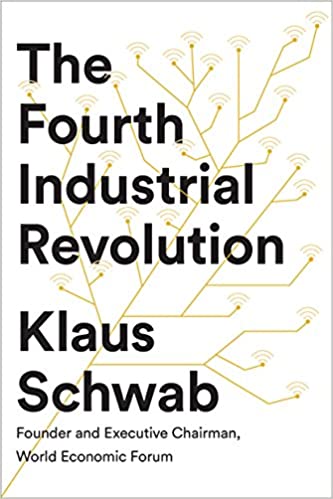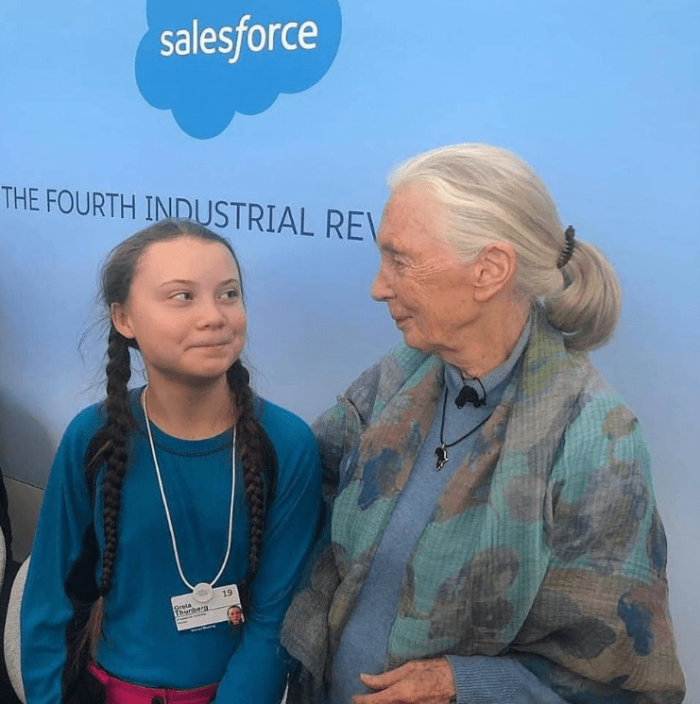Oct 11
20232
Capitalism Climate Colonialism Dogma Ecology Militarism Science Social Enginnering Technoscience
The Disastrous Inseparability of Western Science and Capitalism
The following is an exert from Scorched Earth: Beyond the Digital Age to a Post-Capitalist World, by Jonathon Crary. [Verso, 2022]
Any effective imagination of a post-capitalist material culture must confront the inseparability of modern technology from the institutional formations of modern science. We are currently overwhelmed from all sides by reverential exaltations of “science” and of the unimpeachable authority of “the scientists” who will deliver us from the climate crisis. The absurdity of this sanctification of one of the primary agents of biosphere destruction—including global warming—is evident to many, but there is a strict prohibition on openly acknowledging it. Science, in its many powerful institutional manifestations, is now essentialized as an a priori source of truth, existing above economic interests or social determinations and exempt from historical or ideological evaluation. It is the one remaining mirage of legitimacy behind which global capital continues its rampage of planetary looting and destruction. The marginal figures of the altruistic climatologist or oceanographer are foregrounded as camouflage for the structural complicity of most scientific research with corporate and military priorities. In the face of reactionary attacks on all forms of knowledge and learning, our response should not be a mindless celebration of a fairytale account of “science.” Such cowardly obsequiousness is an anti-intellectualism as damaging as the rightwing embrace of ignorance. The voluminous and many-sided critique of the limits and failings of Western science has been rendered invisible and unmentionable. Contributors to this essential body of thought include some of the most discerning philosophers, scientists, feminists, activists, and social thinkers of the last hundred or more years. We’re at a moment when the survival of life on our planet depends on reanimating this critique, and recovering an unequivocal awareness of how most of the foundational paradigms of Western science have brought us to our current disastrous, possibly terminal, situation.
Unlike many on the left, French theorist Jacques Camatte had no such illusions in the early 1970s when he identified science as both servant and divinity of capitalism. He understood that science had become fully configured to be “the study of mechanisms of adaptation which will assimilate human beings and nature into the structure of capitalism’s productive activity.” The full colonization of research by the military and corporations following World War II consummated the disappearance of meaningful distinctions between science and technology. Jean-François Lyotard saw the unconstrained development of capitalist technoscience as the final negation of the emancipatory project of modernity and the extinguishing of any illusions about the beneficent role of human reason. The scientific method had long since become dependent on technology for creating the artificial, deracinated objects on which the method could be deployed. Nature and human beings are reduced and homogenized into techno-scientific abstractions. Indeed, as early as the 1600s, Western science had become one of the most powerful discursive supports for racism, misogyny, and the genocidal colonial projects originating in Europe and then in North America. Alfred North Whitehead detailed some of the historical conditions for the rise of technoscience: he noted that the very nature of what previously had been thought of as “science” changed fundamentally in the nineteenth century. Scientific research became meaningful or valuable primarily for its potential to generate some application, product, or practical technique. “The greatest invention of the nineteenth century,” he wrote caustically, “was the invention of the method of invention.” Science defined itself, not by principles but through results. It became “a storehouse of ideas for utilization,” which clearly meant commercial, profit-making applications. Whitehead noted the late- nineteenth-century emergence of the methods by which abstract knowledge could be connected with technology and with unending sequences of innovations. He singled out Germany as the country where “the boundless possibilities of technological advance” were first realized. Whitehead, presenting these observations in his 1925 Lowell Lectures at Harvard, was too genteel to state the obvious: that “the method of invention” was inseparable from the rise of industrial capitalism and its voracious requirements. The modern state-capitalist vocation of science (which Whitehead, Max Weber, Helmuth Plessner, and others had identified by the 1920s) has clearly brought us to the edge of catastrophe with its ceaseless flood of “utilizations.” Currently, the shrill glorification of “science” is a desperate maneuver of obfuscation, to forestall a wider recognition of the disastrous inseparability of Western science and capitalism while promoting the delusion that “science” will save us from its own calamitous accomplishments, notably the current unravelling of the earth system.
To take one of innumerable examples, the torrent of synthetic chemicals poisoning air, water, soil, oceans, and the bodies of every higher organism is certainly one of the most enduring “accomplishments” of capitalist technoscience. Scientists themselves, not just corporate executives, bear direct responsibility for the terminal wounding of living systems by plastics, herbicides, pesticides, and petrochemical fertilizers, as well as for the toxic impact of the 120,000 compounds (increasing every month) that saturate ourselves and the environment. These compounds have been produced for no other purpose than the facilitating of manufacturing and technical processes, including military applications, and for enhancing, in thousands of ways, the unnecessary “conveniences” of daily life and commerce. The global industrial complex is dependent on a continual stream of new products and is structurally incapable of limiting or regulating itself in any meaningful way. The actuality of a world made into a terminal waste dump by technoscience is not an anomaly that could have been, or might yet be, put right; it is intrinsic to the operations of scorched earth capitalism. When one considers the harmful innovations of synthetic biology, nanotechnology, social robotics, and autonomous weapons systems, to name just a few other areas, the kneejerk veneration of “science” can only be understood as a capitulation to the ongoing assault on the life-world. For philosopher Jean-Pierre Dupuy, “anyone who believes that science and technology will manage to provide a solution to problems created by science and technology, does not believe in the reality of the future.”
+++
Verso: “In this uncompromising essay, Jonathan Crary presents the obvious but unsayable reality: our ‘digital age’ is synonymous with the disastrous terminal stage of global capitalism and its financialization of social existence, mass impoverishment, ecocide, and military terror. Scorched Earth surveys the wrecking of a living world by the internet complex and its devastation of communities and their capacities for mutual support. This polemic by the author of 24/7 dismantles the presumption that social media could be instruments of radical change and contends that the networks and platforms of transnational corporations are intrinsically incompatible with a habitable earth or with the human interdependence needed to build egalitarian post-capitalist forms of life.”
https://www.versobooks.com/en-ca/products/214-scorched-earth





 He enthuses: “While it may not feel momentous to those of us experiencing a series of small but significant adjustments to life on a daily basis, it is not a minor change—the Fourth Industrial Revolution is a new chapter in human development, on a par with the first, second and third Industrial Revolutions, and once again driven by the increasing availability and interaction of a set of extraordinary technologies”. (5)
He enthuses: “While it may not feel momentous to those of us experiencing a series of small but significant adjustments to life on a daily basis, it is not a minor change—the Fourth Industrial Revolution is a new chapter in human development, on a par with the first, second and third Industrial Revolutions, and once again driven by the increasing availability and interaction of a set of extraordinary technologies”. (5)

 But this does not stop him presenting them in a positive light, as when he declares that “public crime is likely to decrease due to the convergence of sensors, cameras, AI and facial recognition software”. (27)
But this does not stop him presenting them in a positive light, as when he declares that “public crime is likely to decrease due to the convergence of sensors, cameras, AI and facial recognition software”. (27)


 “This gives rise to an inequality that goes beyond the societal one described earlier. This ontological inequality will separate those who adapt from those who resist—the material winners and losers in all senses of the words. The winners may even benefit from some form of radical human improvement generated by certain segments of the fourth industrial revolution (such as genetic engineering) from which the losers will be deprived. This risks creating class conflicts and other clashes unlike anything we have seen before”. (51)
“This gives rise to an inequality that goes beyond the societal one described earlier. This ontological inequality will separate those who adapt from those who resist—the material winners and losers in all senses of the words. The winners may even benefit from some form of radical human improvement generated by certain segments of the fourth industrial revolution (such as genetic engineering) from which the losers will be deprived. This risks creating class conflicts and other clashes unlike anything we have seen before”. (51)
 One of these “narratives” whitewashes the reasons for which 4IR technology needs to be installed everywhere in the world as soon as possible.
One of these “narratives” whitewashes the reasons for which 4IR technology needs to be installed everywhere in the world as soon as possible.














